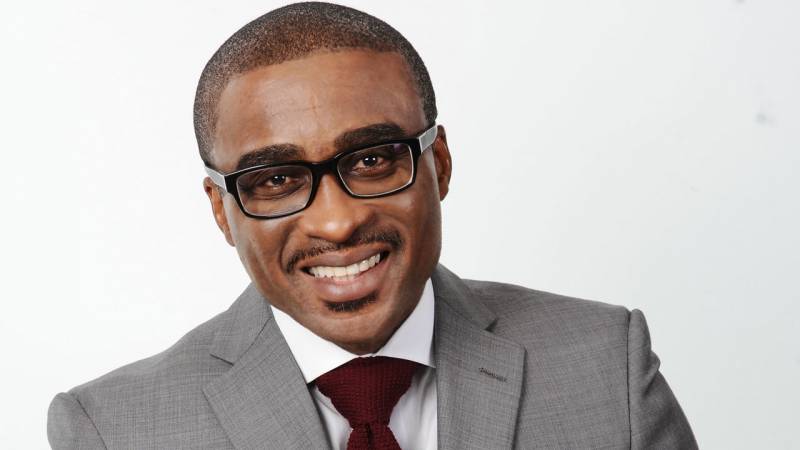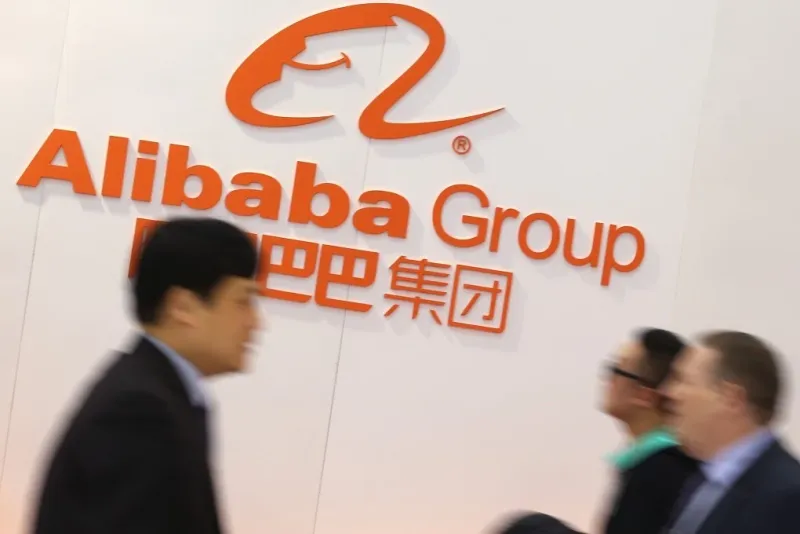The challenge of previous administrations, from Chief James Ibori, Dr Emmanuel Uduaghan to Governor Ifeanyi Okowa, has been to address the deficits in capital development. The process started small with a budget level of about N6b in 1999, barely enough to pay salaries until we grew it to about N60bn in 2003. There was the need to put more concrete structures in place for the proper housing of the seat of government and its various institutions. There was the need to connect the riverine communities to the upland, having been disconnected for decades. This led to the construction of the Omadina Bridge, the Bomadi Bridge, Aboh Bridge and the provision of link roads to various communities under Chief James Ibori.
Dr Uduaghan saw the need to construct the Asaba Airport to provide a gateway to the state capital, contributed to providing infrastructure and amenities in various social sectors and initiated the Delta Beyond Oil agenda.
His Excellency, Governor Ifeanyi Okowa, intensified the provision of roads to link various communities and has pursued human capital development and empowerment with the job and wealth creation programme, especially for youths and graduates. These administrations have had to respond to the different deficits we inherited.
For example, Governor Okowa has just completed the new State Secretariat to more effectively house the state public service institutions almost 29 years after the creation of the state. This is because there was a paucity of funds to meet a plethora of needs. But, society evolves, and leadership has to advance innovative strategies to tackle present challenges and lay stronger foundations for a sustainable future. This simply requires that we modernise our approach to governance for better delivery of the hopes, dreams and expectations of the people. So, while still tackling capital development challenges, we need to lay innovative foundations to guarantee future growth and stability. This is the perspective we need to bring to the government of Delta State.
You are associated with the idea of the Delta Modernisation Agenda. What does it entail? It means a more innovative approach to governance and public service delivery. What our people need is a higher standard of living and better quality of life. This can only be fulfilled by creating a robust economic system with greater and more sustainable platforms for jobs and wealth creation, and functional social infrastructure.
In my view, we cannot achieve a robust state economy without industrialisation. Industrialisation means we have to begin to de-emphasise our reliance on allocations from oil, diversify our economic base by leveraging our various natural, mineral and human resources and migrate our production capacity from subsistence to processing, manufacturing and greater commerce. But, we cannot achieve sustainable industrialisation without a deep and effective partnership with the private sector to provide the needed investment funds. We cannot attract the private sector if we can’t guarantee an adequate and efficient power supply. We cannot sustain investors’ confidence if we cannot guarantee security against external and internal threats across communities. Even the small, medium scale businesses and the informal sector need these and various institutional supports to thrive. This all shows that government has to think in new ways and has to have a more integrated approach to development.
To do this, the government must create a more modern public service by deploying new technologies, enhancing and developing new talent, and bringing innovations for more effective service delivery in all sectors. Our educational institutions, for example, should not rely solely on outdated and, in some cases, redundant curricula. To connect our graduates with the industries in which they are expected to work, we must strive to give better qualitative, globally relevant, and functional education. This includes establishing a connection between academia and industry, as well as involving the business sector to support the necessary processes. It means that educational systems and methods will need to be changed to incorporate more technology and digitization..




